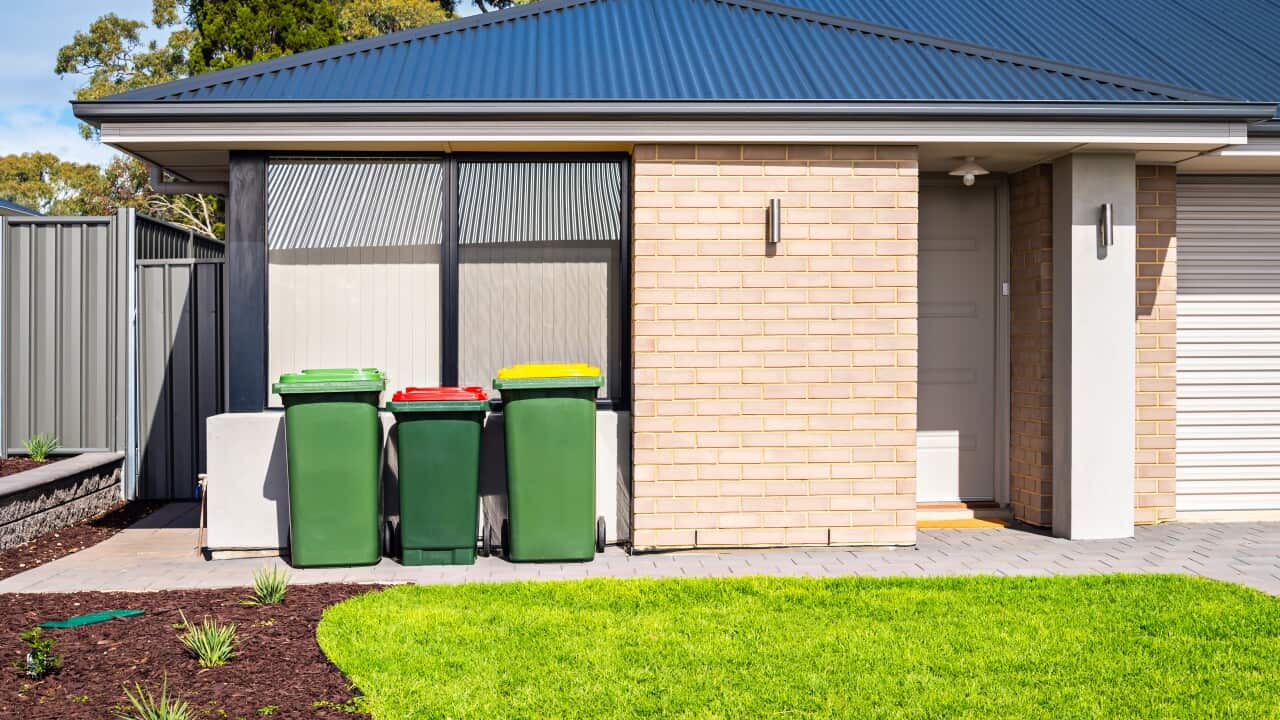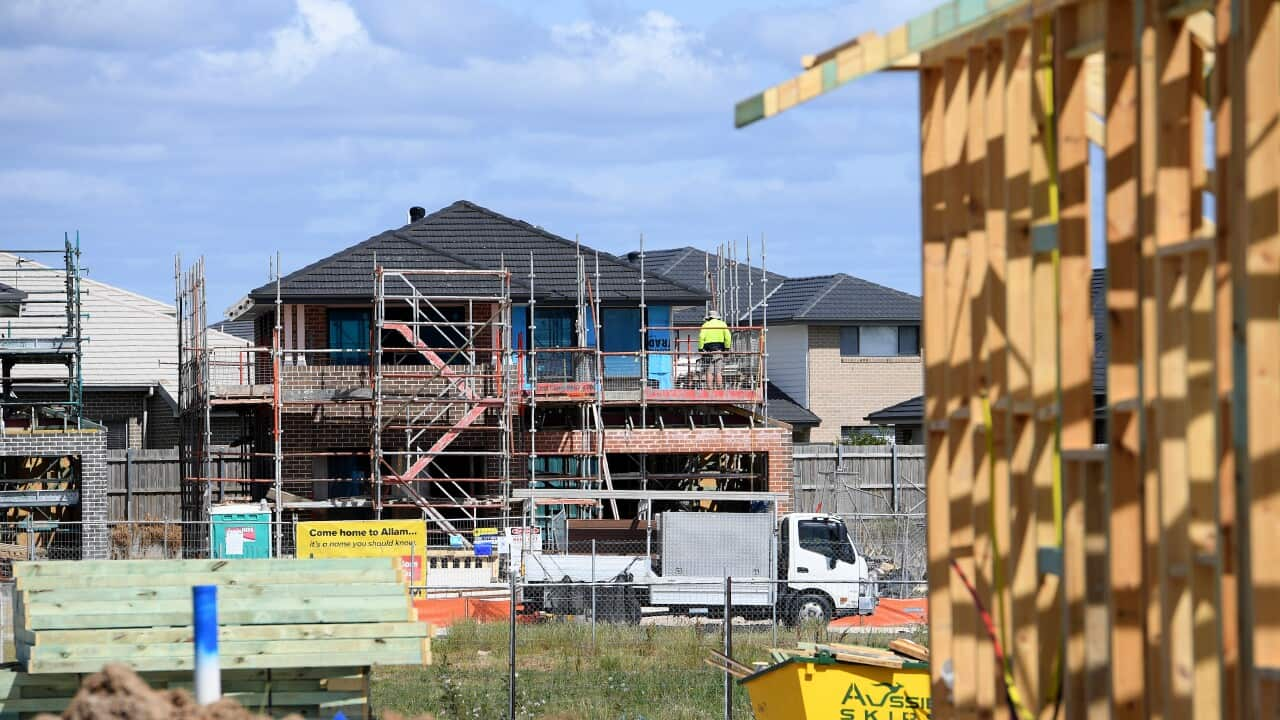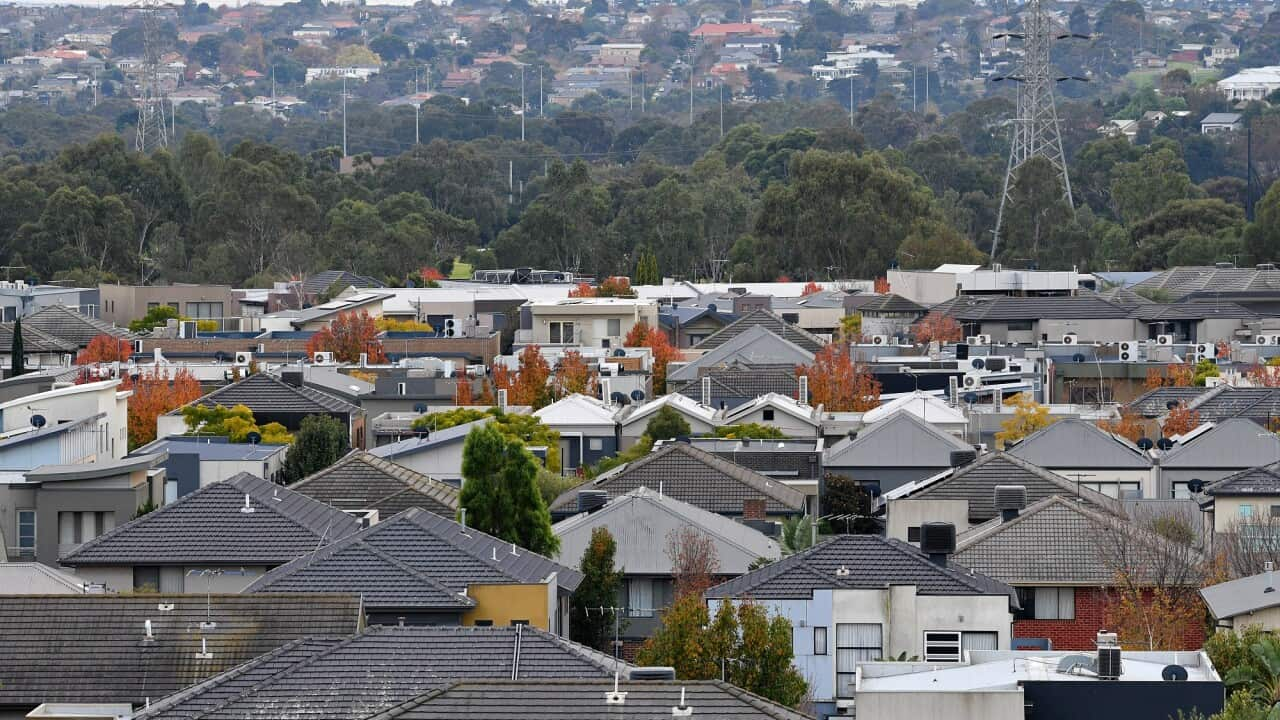KEY POINTS:
- Foreign investors are unable to buy houses in Canada for the next two years.
- The ban has been implemented in the hope there will be less competition for Canadians looking to buy.
- Foreign investors make up a similar amount of the market in both Australia and Canada.
Some foreigners have now been banned from purchasing residential property in Canada, according to a new law that took effect on 1 January.
The controversial measure has been enacted to relieve pressure on the housing market and make housing more affordable for Canadians.
With housing affordability in Australia described by some as a housing “crisis”, would a similar policy alleviate some pressure on the local market?
Canada’s two-year ban stops foreign buyers (with exceptions for refugees and permanent citizens) from purchasing residential properties in Canada’s cities.

House prices in Canada peaked at the beginning of 2022, with the average price of a home costing CAN$800,000 (approximatey $866,000.) Source: Getty / Toronto Star/Toronto Star
Campaign material spoke of “underused and vacant housing, rampant speculation, and skyrocketing prices” and used the line “homes are for people, not investors”.
When the ban was initially proposed, the price of housing in Canada was rising.
The average cost of a home in Canada peaked by the start of 2022 to C$800,000 ($866,000) but by December 2022 it had dropped to C$630,000 ($682,000.)
The ban is one of the measures the Canadian government is taking to address housing affordability.
It has not released details about the impact it expects the ban to make, simply saying in an April 2022 media release that foreign buyers were part of what was driving up the price of housing.
The Canadian public broadcaster CBC that the government had not carried out modelling on the ban's potential impacts on the housing market.
Economists in New Zealand, where was implemented in 2018, told the measure didn’t make “a material impact on removing a source of pressure and restricting demand growth.”
Should Australia follow suit?
Australian-based economic and property experts that SBS News spoke with were not confident the ban would have any obvious effect on the Canadian housing market and did not see any reason for Australia to follow.
PropTrack director of economic research Cameron Kusher described the move as “populist”.
“[Foreign buyers are] just a tiny sliver of the actual broader problems with the housing market, so I think it's popular to say 'I'm going to ban foreign investors from the market' but in terms of making a meaningful difference to the housing market. I don't think it's going to make that big of a difference,” he said.

Economic consultant with Inclusive Economics, Patricia Pascuzzo (left) and Director of Economic Research at PropTrack Cameron Kusher. Source: Supplied
Inclusive Economics consultant Patricia Pascuzzo said affordability problems in Canada were likely due to under-investment in affordable housing — a situation similar in Australia.
“The general rise in house prices can only be addressed through more fundamental means, such as increasing the density of cities and suburbs, which requires also more diverse housing options, and better tailoring housing to the needs of people,” she said.

The Australian housing market has been experiencing very low rental vacancy rates in the past couple of years, with the national average sitting at 0.9 per cent in August of 2022. Source: Getty / zetter
In the early years of the pandemic, particularly in 2020 and 2021, house prices increased to record levels.
Mr Kusher said the pandemic had proven that overseas buyers were not putting the upward pressure on the housing market that many had previously suggested.
“People had been saying that it was people from overseas coming in and buying properties and squeezing us out of the market but if anything, the pandemic’s proven that that wasn't the case, because we've had no migration for the last two years," he said.
“It highlights that migration to Australia is not a bad thing, and it doesn't mean housing gets less and less affordable, it’s kind of highlighted that there are other challenges, low interest rates, or lack of supply, much bigger issues creating the unaffordable housing market, as opposed to our strong rate of population growth."
The average cost of a home in Australia dropped by about 5 per cent last year to about $708,000. The drop follows consecutive interest rate rises, also impacting on the increased cost of living.
Foreign investment in Australia
NAB’s Residential Property Survey from the third quarter of 2022 reported foreign buyers made up 5 per cent of the market nationally, and were most active in Victoria and NSW.
“Some people buying to live here, some people buying to eventually live here, and then some people buying to rent those properties out,” Mr Kusher said.
“There has been a reasonably large share of those people purchasing that are just leaving their properties vacant and haven't made them available to rent,” he said.
Mr Kusher said while he wasn’t aware of any official data in regard to how often this happens, he said there was anecdotal evidence this was occurring.
“Maybe there's a broader discussion to have about how can we get foreign investors that purchase and don't live in that property to make it available for rent,” he said.
Ms Pascuzzo said bans such as the one in Canada could slow international investment in residential property longer than the period they are in place.
“If people are a certain age where they're looking to travel overseas and work overseas, and then stay in a particular country, it would be discouraging those people. And so once those people have moved elsewhere, then they've missed that opportunity," she said.

Not all economists believe the measure will solve housing issues in Canada. Source: Getty / NurPhoto
Mr Kusher said he’d think Australia as a nation would want to present itself as “a free and open country”.
“What Canada is doing is a deterrent from people coming to a country,” he said.
“It is somewhat retrograde and says that, 'you’re not welcome here' and my view is as society we should be welcoming people here from overseas.
“It grows the economy, it gives people an opportunity to start a new lifestyle, new businesses, as many great benefits from migration."











